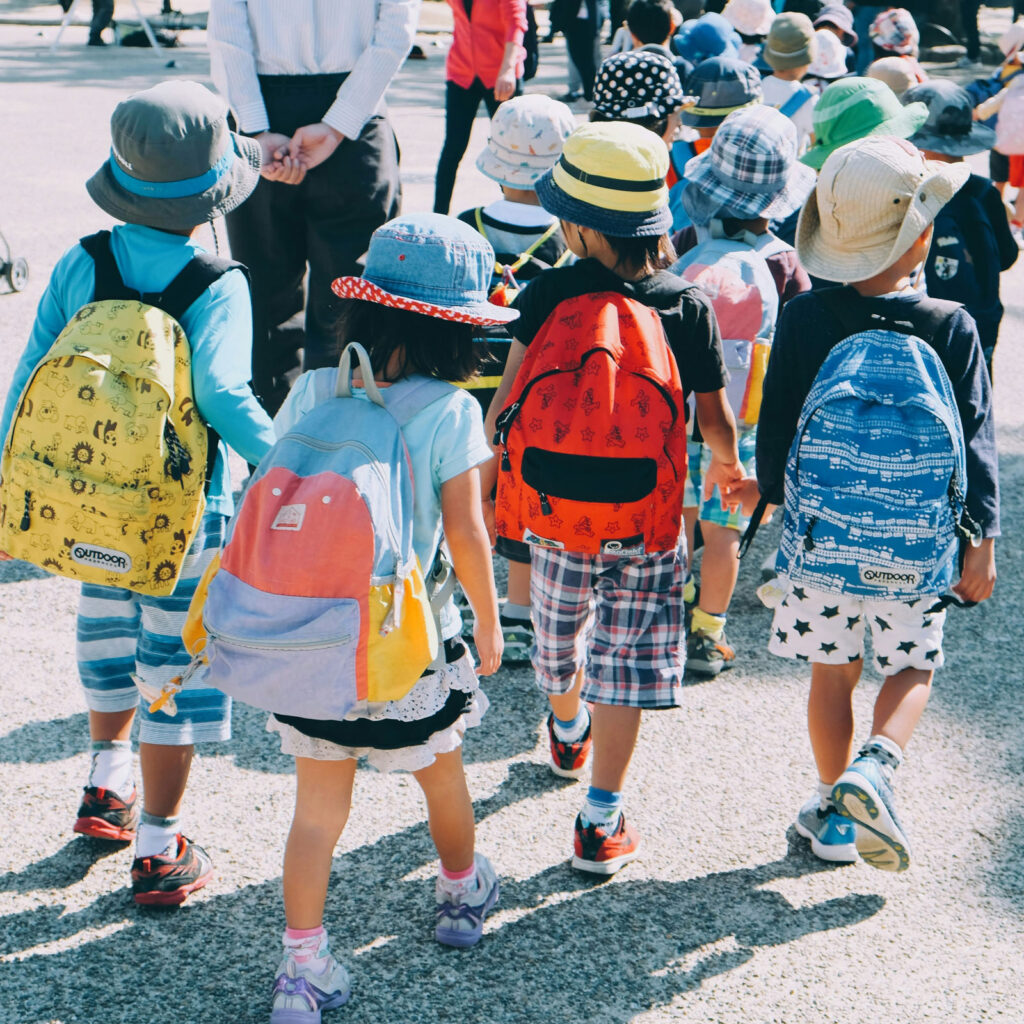“Examine all the options with your mission agency.”
Our mission has nearly two thousand missionaries and approximately the same number of children, so educating children is an issue we deal with constantly. Our general policy is that parents make the education decision in consultation with field leaders. The only real l condition we set is that over time the choice has to show itself to be effective for the individual child.
Many of our families send their children to national schools. This is most true in Europe. Other countries have international schools, which have a high academic standard and a price tag to match. Schools for missionary kids, another option, often serve missionary children from several missions and even several countries.
Many families home school for the earliest years, but most eventually seek something else when the children grow older. Home schooling becomes difficult and demanding for the parents, who see themselves as missionaries as well as parents. They also recognize that the social needs of children that are often met in schools, especially schools specifically for missionary children, where a positive peer pressure is generally provided in a spiritual setting.
A study published in Evangelical Missions Quarterly showed that the children of missionaries were on the whole much better prepared educationally, socially, spiritually, and emotionally than the other children in the study. That’s encouraging.
Some agencies have educational guidelines, and some fields don’t have many options. One thing of which you can be absolutely certain is that God cares as much for your children as he does for any person in the world.
Answer from David Smith, director of mobilization with WEC International. David has been a missionary twenty-five years as a field worker in West Africa and at WEC USA headquarters.
“Consider the pros and cons of these four schooling options.”
There are four major options to consider for your child’s education. My wife and I have talked and prayed and struggled over the best course of education for our children (now ages nine, seven, and two) and will probably continue to do so as they grow. Four options we’ve considered include the following:
1. National school. Probably not the majority, but many missionaries in Japan send their children to public school, especially for elementary grades. We sent our boys to a Japanese preschool and kindergarten.
2. Mission school or school for foreigners. This option is, of course, limited to those areas where such a school exists, and these schools may be expensive. In Japan, there are several mission schools in or near large cities.
3. Boarding school. If a mission school is not available, another option is a boarding school (or a school where your children can board with trusted family or friends). This may be a school in the nation where you serve or farther away. Some parents even send their children to live with friends or relatives in their home country (usually only for high school).
4. Home school. With increasing amounts of material available, home school is becoming a commonly used education option. Similar to home school, a team or group of missionaries could create a small school where parents take various responsibilities in teaching. Another option is for the mission agency to provide a teacher for the group.
All of the options above have both pros and cons. The final decision will rest with each family, depending on finances, options available, convictions, personalities, and needs of the children. No matter which course you choose, your children will be “third-culture” children with the accompanying special needs and benefits.
Answer from John, who has served in Japan for seven years with TTW/Hi-BA.
“Consider different options at different ages.”
Our son was five when we arrived in Slovakia. Right away, we put him in a Slovak kindergarten, and he loved it from day one (being an only child may have helped). He acquired the language quite rapidly. His parents were much slower!
He is now in seventh grade, attending a Slovak public school (the only kind of school he has ever attended). Slovaks place a much higher value on math and science than Americans do, so he has already studied physics and algebra.
We spend every second summer in America, which hasn’t been a problem, though Slovak schools end June 30 and begin September 4. Our son enjoys missing that last month of school. He recently decided that he would like to attend an MK (missionary kid) boarding school his final two years of high school so that he can develop some Christian friendships.
Answer from Tom, who has served for seven years in Slovakia with CRU.
“Kids are resilient.”
I was raised for fifteen years in northern Brazil. I attended first and second grade in an English-language school; the rest of my education was either from home school or correspondence courses. My home school was based on books we had in the house, much as kids on the American frontier learned.
My boys attend a Spanish-language school here in Colombia. We pay the tuition for this private school because of the frequent strikes that interrupt the public school year. Tuition is inexpensive here: only about $50 a month per child, plus books and uniforms. And they learn more of the language and culture in which they live.
They’re getting a good education, perhaps even better than they would in many places at home. We speak English in the house, and we tutor them in English to keep up their reading skills.
Don’t let kid-worries keep you off the mission field. Kids are resilient.
Answer from Paul in Colombia, who has served fourteen years as a missionary.






